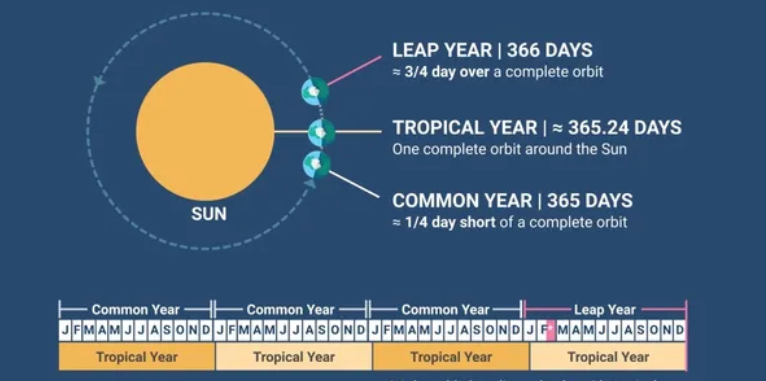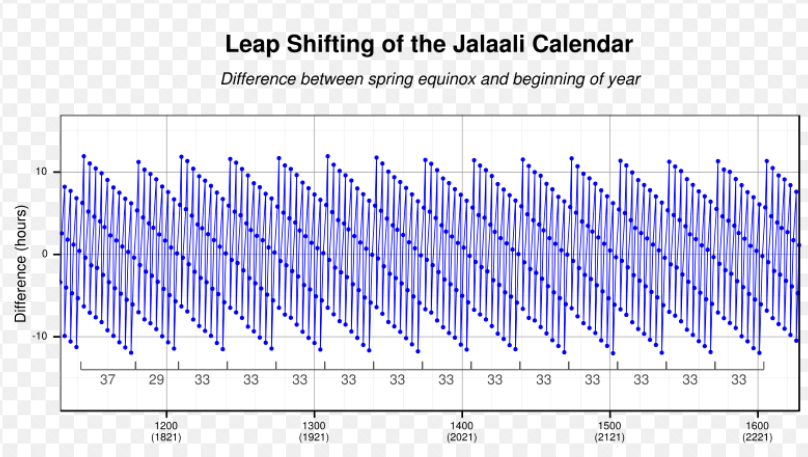Leap Day absence would affect individuals’ birthdays and age calculations
If we were to skip a Leap Day, the consequences would extend far beyond what one might initially imagine. This seemingly minor adjustment to the calendar could have significant ramifications on various aspects of our lives, from the practical to the scientific, and even the cultural.

At its core, the Leap Day exists to keep our calendar in sync with the Earth’s orbit around the sun. Without this extra day added every four years, our calendar would gradually drift out of alignment with the natural cycles of the seasons. Over time, this discrepancy would lead to a gradual shift in the timing of seasonal events, such as the solstices and equinoxes. Agricultural practices, seasonal festivals, and even the behavior of wildlife could be affected by this shift, disrupting ecosystems and human activities that rely on seasonal patterns.
Moreover, the absence of a Leap Day would have implications for various practical aspects of our daily lives. For instance, many contractual agreements, financial transactions, and legal deadlines are tied to specific dates on the calendar. A discrepancy in the calendar could lead to confusion and disputes over due dates, payment schedules, and contractual obligations. Businesses and organizations that rely on precise scheduling and planning could face challenges in coordinating their activities without a reliable calendar system.
In addition to its practical implications, the absence of a Leap Day would also impact scientific research and exploration. Fields such as astronomy, meteorology, and climatology rely on accurate timekeeping and calendar systems to study natural phenomena and predict future events. Any disruption to the calendar could introduce errors into scientific data and models, affecting our understanding of the universe and our ability to make informed decisions about environmental issues and climate change.
Furthermore, the Leap Day has cultural significance in many societies around the world. It is associated with traditions, customs, and rituals that have been passed down through generations. In some cultures, Leap Day is celebrated as a special occasion, marked by festivities, ceremonies, and symbolic rituals. Skipping a Leap Day could disrupt these cultural practices and traditions, leading to a loss of heritage and identity for communities that hold them dear.
Overall, the absence of a Leap Day would have far-reaching consequences that extend beyond simply skipping a day on the calendar. It would disrupt the natural order of the seasons, create practical challenges for scheduling and planning, introduce errors into scientific research, and undermine cultural traditions and practices. Therefore, while the Leap Day may seem like a small and insignificant part of our calendar, its presence is essential for maintaining order and stability in our lives and in the world around us.
Furthermore, the absence of a Leap Day would unsettle the delicate balance of international systems and agreements. The global economy, heavily reliant on standardized calendars for trade, commerce, and financial transactions, would face disruptions. Cross-border transactions, accounting practices, and fiscal planning rely on a consistent calendar framework. Without the inclusion of Leap Day, discrepancies could arise, leading to confusion, errors, and potentially financial losses.
Moreover, the absence of Leap Day would pose challenges for international travel and communication. Airline schedules, travel itineraries, and global event planning hinge on precise timekeeping and calendar synchronization. A deviation in the calendar could result in missed flights, scheduling conflicts, and logistical nightmares for travelers and organizers alike. Additionally, global communication networks, which rely on synchronized timekeeping for data transmission and coordination, could experience disruptions, affecting everything from international business meetings to emergency response systems.
The absence of a Leap Day would also reverberate through educational institutions and academic research. School calendars, academic schedules, and examination timetables are meticulously planned around the Leap Day cycle. Skipping this day could disrupt academic routines, graduation schedules, and research timelines, impacting students, educators, and researchers worldwide. Furthermore, fields such as history and archaeology, which rely on precise dating methods and chronological frameworks, could encounter challenges in interpreting historical events and artifacts accurately.
Stay up to date with every latest news-click here



